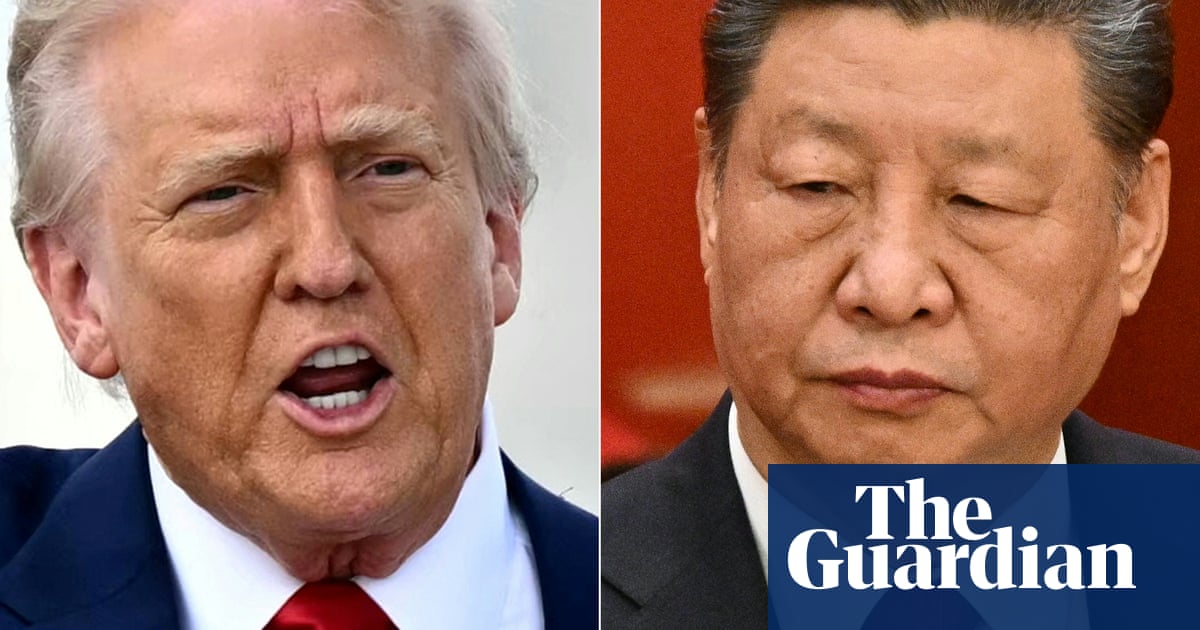China has vowed to “safeguard international fairness and justice” in upcoming talks with the United States in Switzerland, the first meeting between the two countries to discuss trade war that has roiled the global economy since US president Donald Trump unveiledsweeping tariffslast month.
China’s vice-premier He Lifeng will meet US treasury secretaryScott Bessenton the sidelines of meetings in Switzerland between 9 and 12 May. US trade representative Jamieson Greer will also attend.
China’s commerce ministry said on Wednesday the agreement to talk followed the US sidetaking the initiativeto approach China. Beijing and Washington have presentedconflicting accountsabout which side initiated talks. China said it agreed to send He for talks after a consideration of “Chinese interests and the appeals of US industry and consumers”.
“If the US wants to resolve the issue through negotiation, it must face the serious negative impact of unilateral tariff measures on itself and the world,” China’s commerce ministry said.
Bessent said on Tuesday the talks would be focused on de-escalating the trade war, rather than negotiating any deal.
“We will agree what we’re going to talk about. My sense is that this will be about de-escalation, not about the big trade deal,” Bessent told Fox news. “This isn’t sustainable,” he said.
Since Trump took office in January, he has unleashed a wave of tariffs on China and other countries, which risk upending the global economic order and undermining the foundation of stable relations between the world’s two largest economies.
US tariffs on Chinese imports have now reached 145%, with Chinese counter-tariffs reaching 125%. Both sides have implemented a number of exemptions tosoften the blowon their respective economies.
The US exempted smartphones and some other electrical products, following reports that the price of an iPhone in the US could increase by more than 40%.
China, meanwhile, has exempted select pharmaceuticals, microchips and aircraft engines, along with other undisclosed items that arereportedlybeing included on a “whitelist” that has not been made public.
But the economic impact of the trade war remains severe. China’sfactory activity slowed in April, which analysts said reflected the trade war making it much harder to ship goods to the US. This month the US alsocloseda loophole that had allowed low-value goods to be shipped to the US free, a regime which had generated $66bn for the Chinese economy in 2023, according to a report from the US Congress.
The World Trade Organization estimates that Chinese exports to the US, which were worth $440bn last year, will fall by 77% this year if the tariffs remain in place.
China has repeatedly vowed to “fight to the end” in the trade war, with leaders betting their country can withstand more economic pain if necessary than Americans would be willing to tolerate.
Beijing is also trying to woo other countries, presenting itself as a stable partner in contrast to a capricious US. “China notes that some economies are also in talks with the US,” China said on Wednesday. “We need to stress that appeasement cannot be turned into peace, and compromise cannot be respected”.
